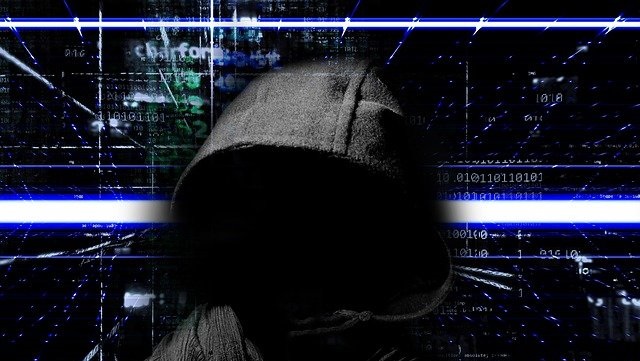A new report released by Israel’s National Cyber Directorate summarizes the activities of hackers working against the interest of Israel and Israeli organizations during the first months of the Iron Swords War in Gaza against the terrorist group Hamas. The report says – to no one’s surprise – that such attacks increased after the start of the war.
The Directorate also explained that the attacks became more sophisticated over time. In the first few weeks after the barbaric Hamas attack of October 7 the attacks were “simple and unsophisticated” it said. This included petty things like vandalizing websites which were carried out “mainly for visible purposes.”
Will you offer us a hand? Every gift, regardless of size, fuels our future.
Your critical contribution enables us to maintain our independence from shareholders or wealthy owners, allowing us to keep up reporting without bias. It means we can continue to make Jewish Business News available to everyone.
You can support us for as little as $1 via PayPal at office@jewishbusinessnews.com.
Thank you.
But then cyber attacks became more targeted, specialized, aimed at the disruption of actual organizations and to “create a broad effect by targeting companies that are considered a supply chain for many organizations.”
The report reviews the techniques and tactics used during the war and states that it is possible to see similarities to the techniques used in other events in the world, such as the Ukraine-Russia war in two key aspects: the use of psychological warfare as a means of echoing cyber attacks and the use of social networks as well as the use of infidelity and damage of the Wiper type – Malicious software that deletes the information on the computer.
The report detailed the main focus of the attacks and attempted attacks in broad spraying activity, denial of service attacks, intrusion attempts to obtain leaked information or deletion, activity against the LINUX system, attempts to damage security cameras, phishing attacks, attempts to disrupt the activity of certain phone applications, and attacks by organizations which constitute an essential supply chain for many organizations in the economy. In addition, attempts at influence were observed on social networks, including the publication of fake news, disinformation and manipulated information, recycling old materials and presenting them as new, and calling on attackers to join various attacks.
According to the report, during this period about 15 main attack groups were identified in cyberspace, some of which shared intelligence with each other. These groups are identified as being associated with Iran, Hamas and Hezbollah.
There is nothing new about this. Iran has been many cyber threats in recent years, including the successful hacks of private companies using ransomware, demanding a ransom be paid to either return control of a system to its owners or to not reveal secret information that was stolen. And this is still going on.
“The choice of extortion as an offensive tool is not surprising, and even natural at this time,” said the Directorate. “Mind warfare is a significant part of the campaign, and the deterrence and chaos effect after a ransomware attack achieves its goal.”




